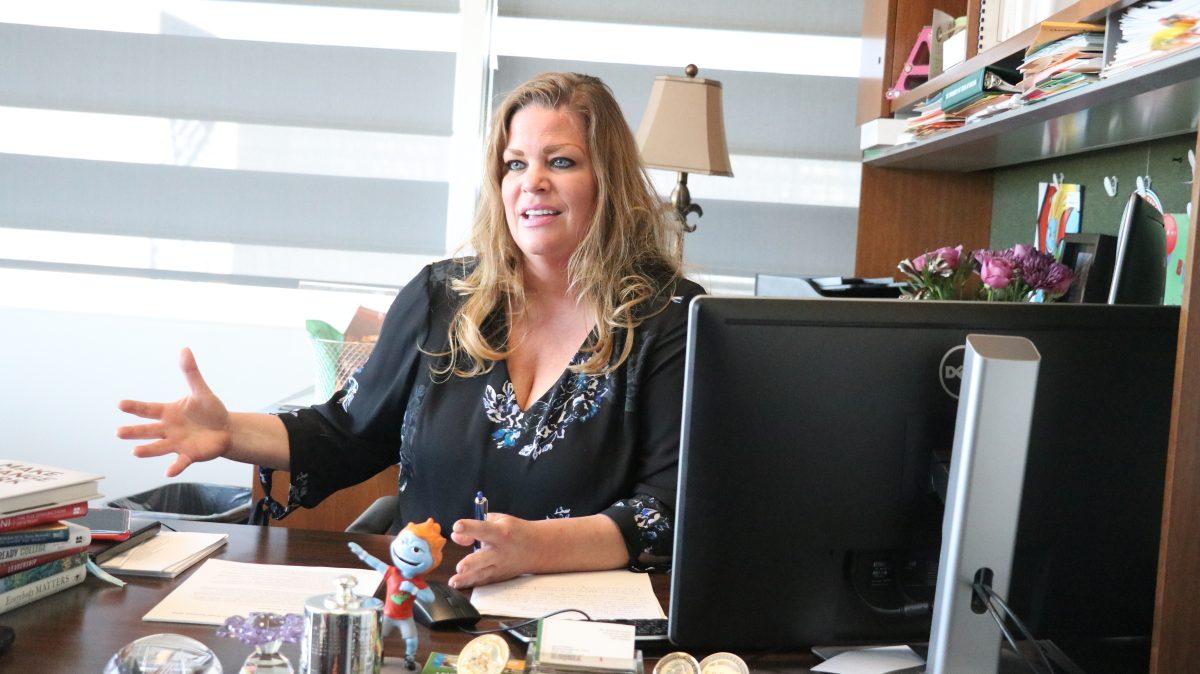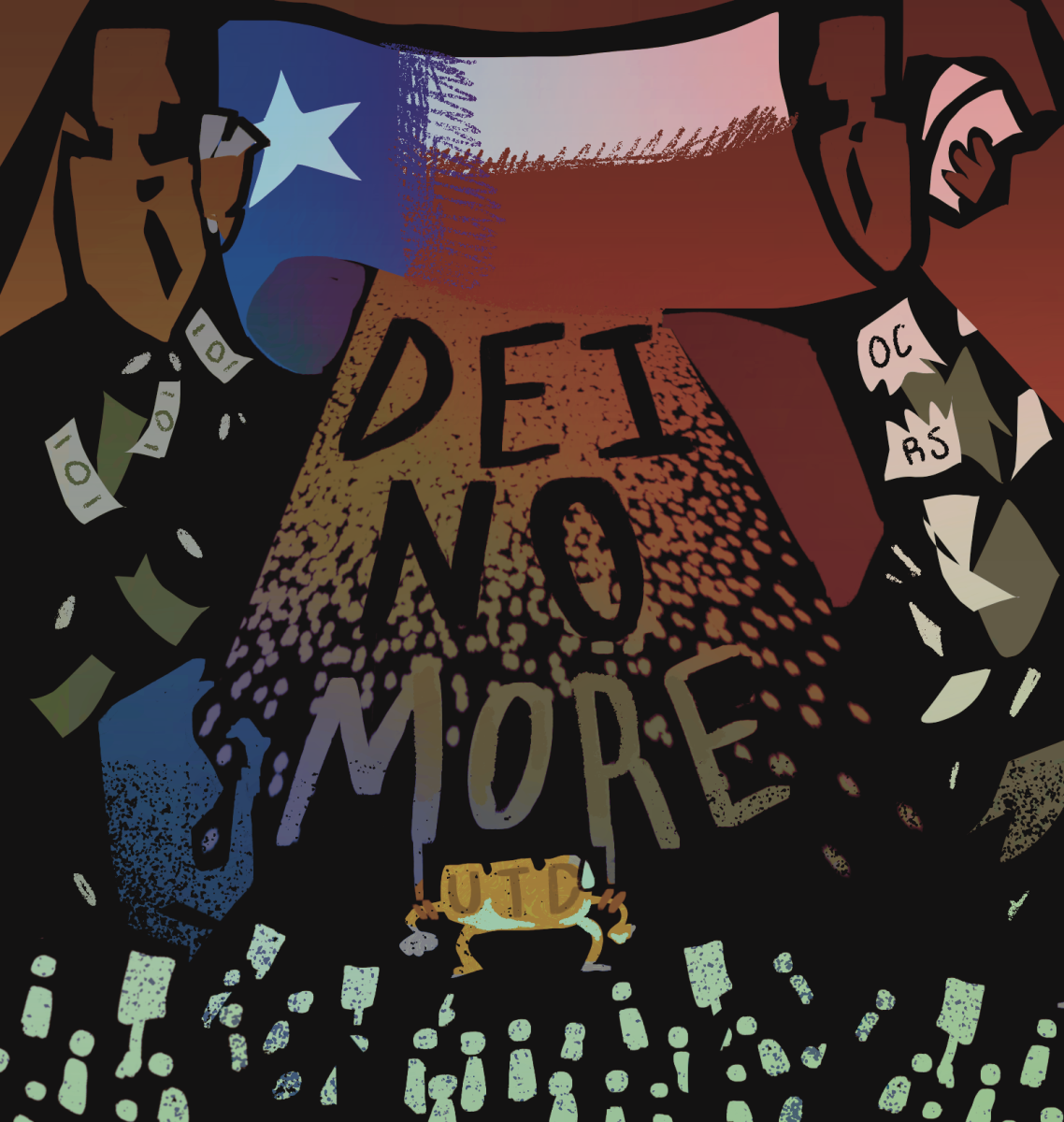UTD’s campus policies may be limiting free speech among students and faculty, according to a watchdog organization.
The Foundation for Individual Rights in Education examines free speech policies at public and private universities nationwide, then rates those policies on scale from least to most restrictive. The organization currently has policies from over 450 institutions, and UTD received a red light rating from FIRE, meaning it has at least one policy that explicitly limits freedom of speech.
The rating was given as a result of the university’s sexual harassment policy, which initially defines sexual harassment before detailing other forms of sexual violence and the consequences that follow. FIRE’s Policy Reform Program Officer Laura Beltz explained the policy is split into two different locations of the handbook, which may cause confusion among students, so it’s evaluated as two policies rather than one. The first half of the policy, which gives a general description of sexual harassment including “verbal conduct,” was seen as a clear limitation of free speech by the watchdog organization.
“This might have what we call a chilling effect on protected speech, which means that students reading it might avoid saying anything controversial just to avoid punishment under the policy,” Beltz said.
In addition to the sexual harassment policy’s rating, FIRE also gave the school’s overall harassment policy a yellow light, meaning vague wording allows the policy to be ambiguous and used to limit free speech. The website specifically mentions “verbal abuse” as an example of this type of wording, which is the exact language used in UTD’s harassment policy. UT Austin and UT Arlington have red and yellow light ratings, respectively.
Despite UTD’s rating, the university’s speech expression and assembly policy received a green light, meaning student expression and assembly is unrestricted in terms of policy. College Democrats President Fawaz Anwar agrees with this sentiment, citing the appearance of conservative comedian Steven Crowder after being sponsored by the College Republicans in February.
“UTD itself is not really home to political clashes or even that much ideological debate,” Anwar said. “As far as I can tell, most students here aren’t interested in starting something like that.”
Anwar added he would like to see the handbook become more accessible to the student body. The university’s policies can currently be found on the UTD president’s website under Policies.
“A lot of our policies … are a bit hard to find. UT Dallas itself is a much more low key campus than that, but this is still a university,” Anwar said. “There’s still supposed to be a discourse of ideas here.”
Beltz said FIRE hasn’t been in contact with UTD after it was added to the database last year, but Dean of Students Amanda Smith, who serves on the Handbook of Operating Procedures Committee said the university is open to reviewing its policies, a process that occurs at minimum every five years.
“Individuals who oversee policies are always very open to take a look at those policies and make necessary changes, so I feel very confident if that is something that our student body, faculty, staff or administrators felt was a huge issue on our campus, it would be a discussion that would happen,” Smith said. “Nobody would put up an argument to not have that conversation.”
Smith said she’s currently satisfied with the policy, as she hasn’t received any student complaints regarding free speech and attributes this to the school’s diversity.
“I feel like our students are very thirsty for knowledge and information, so those debates are something that they engage in,” Smith said. “But they’re very open to hearing what other people have to say, and that’s something that I don’t think you find just anywhere.”

















